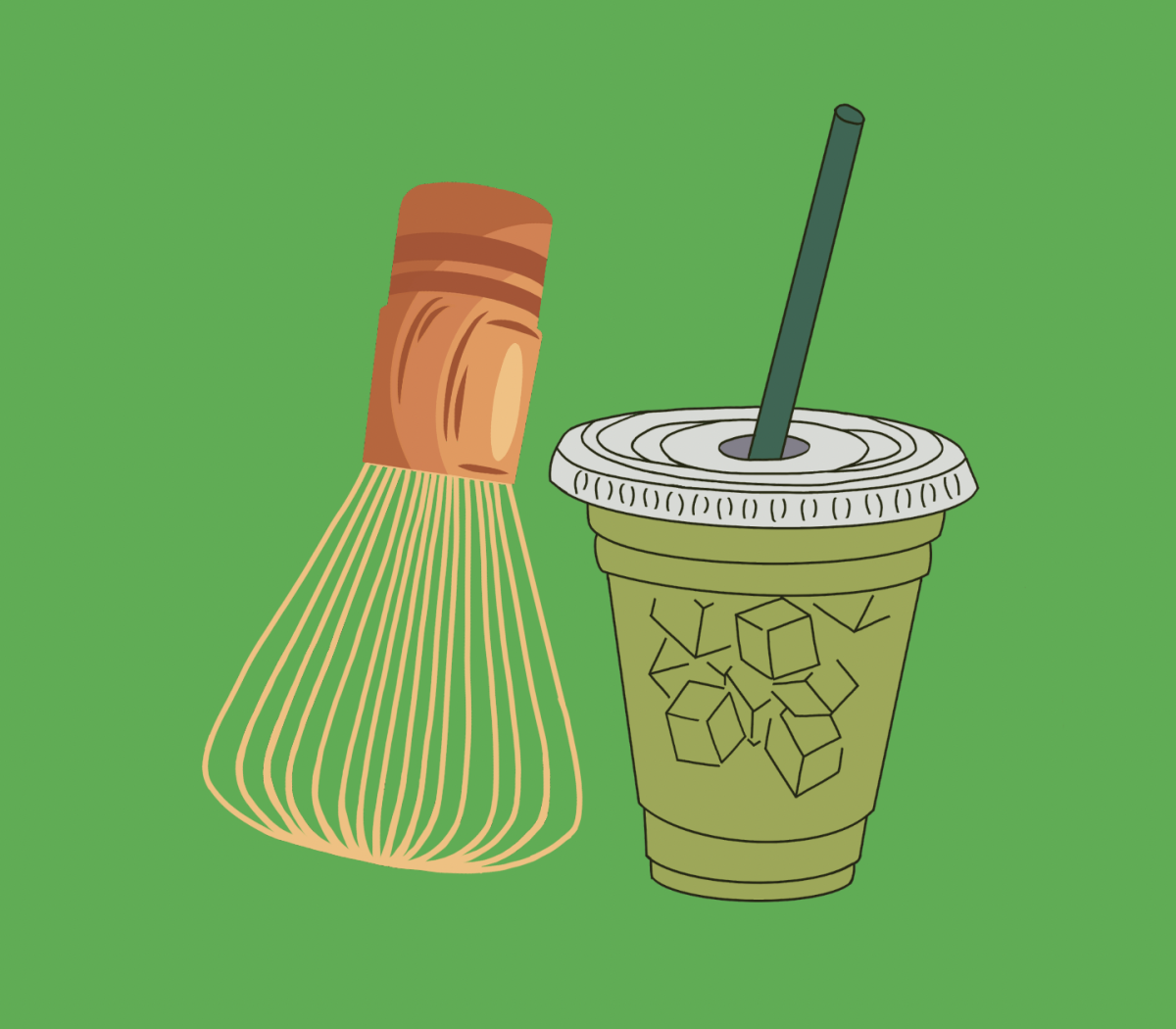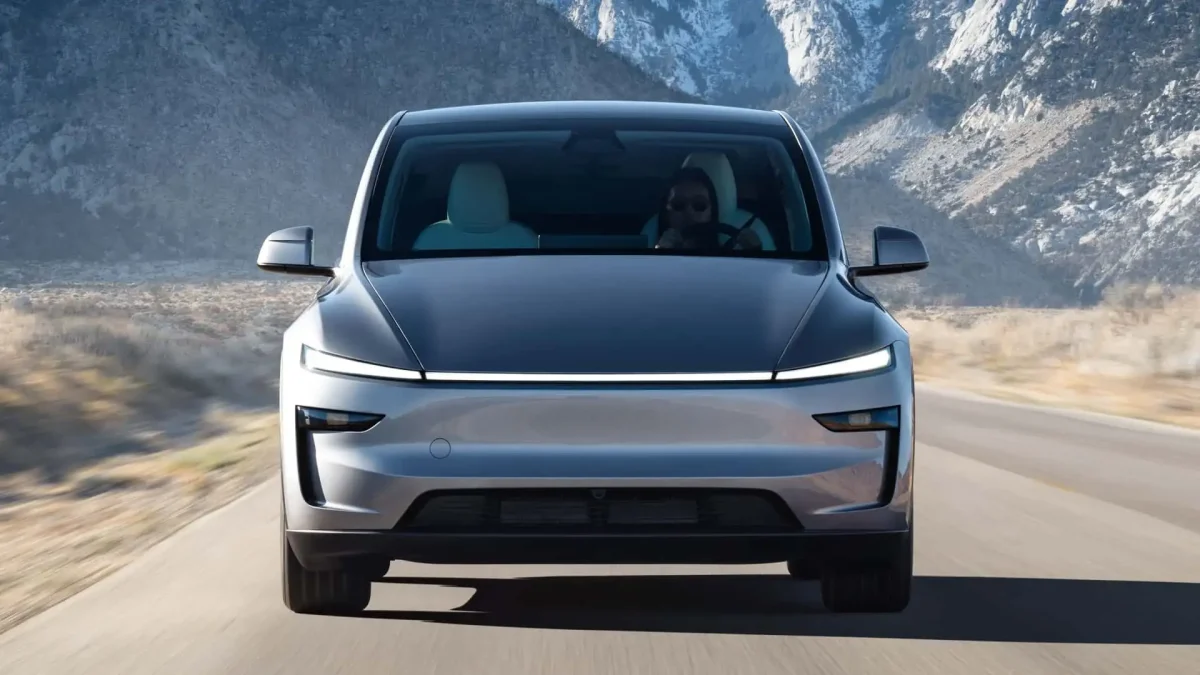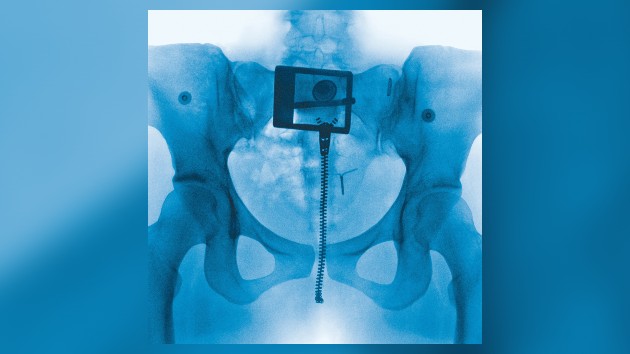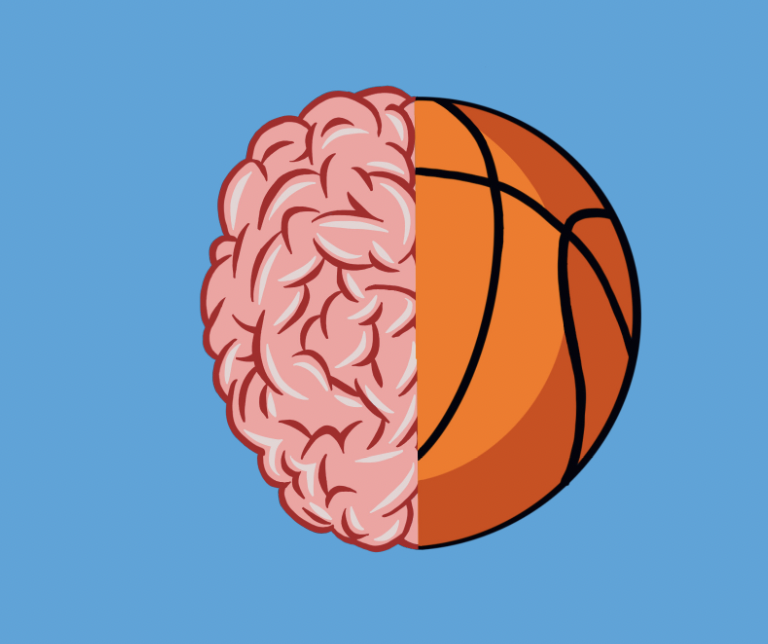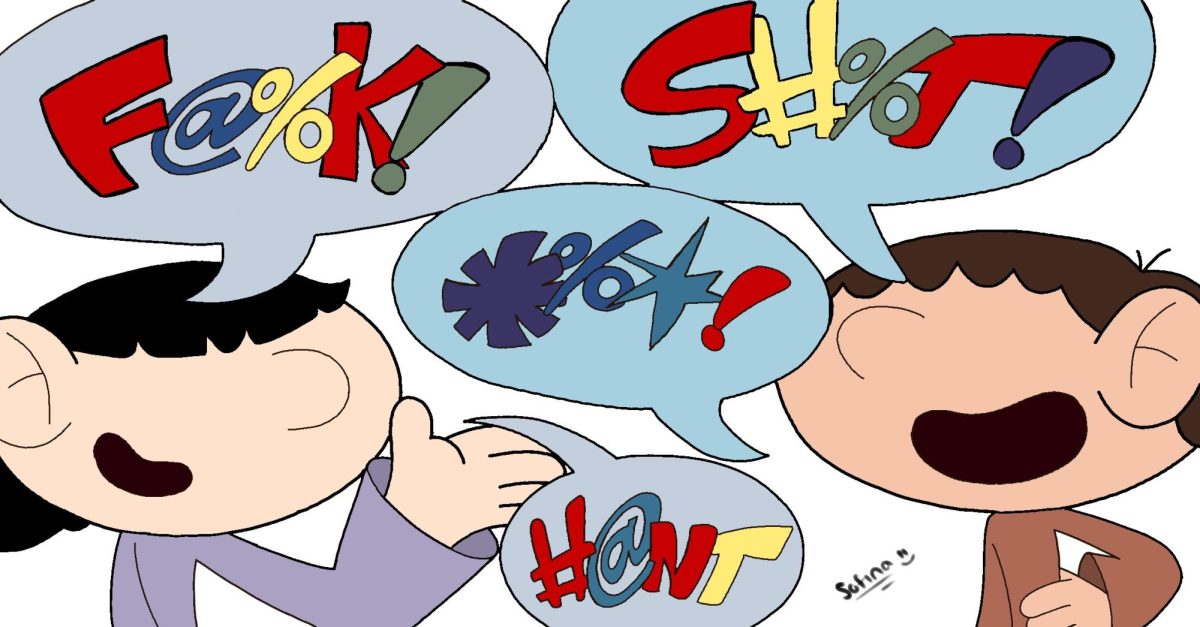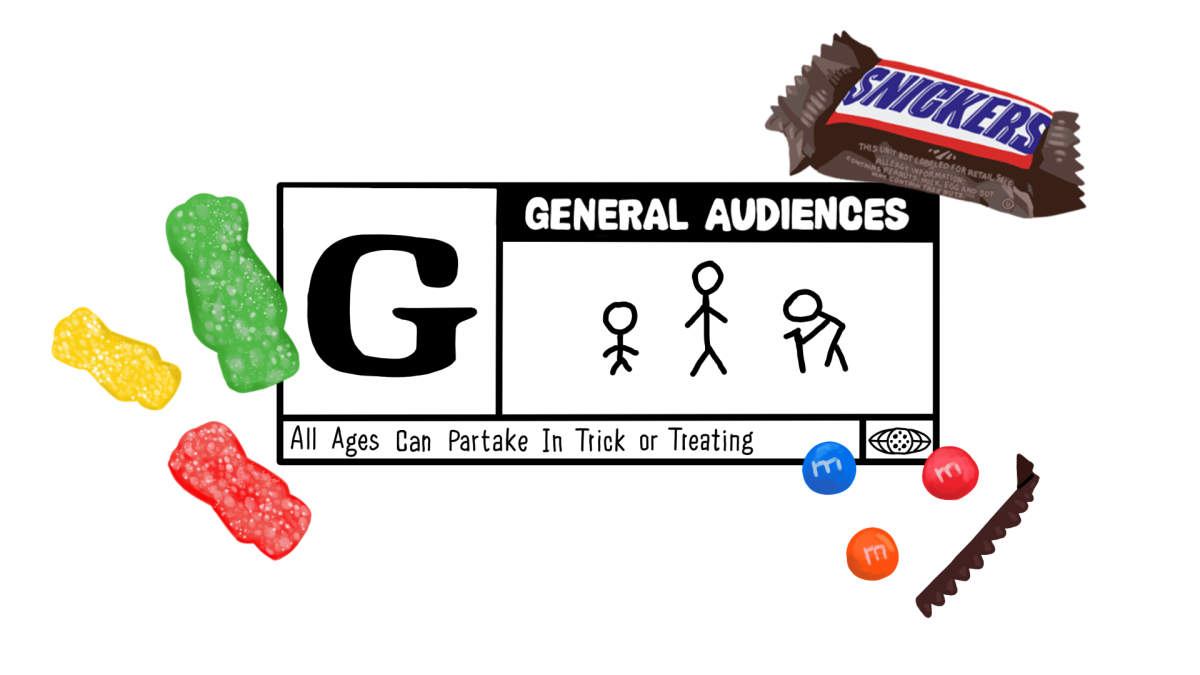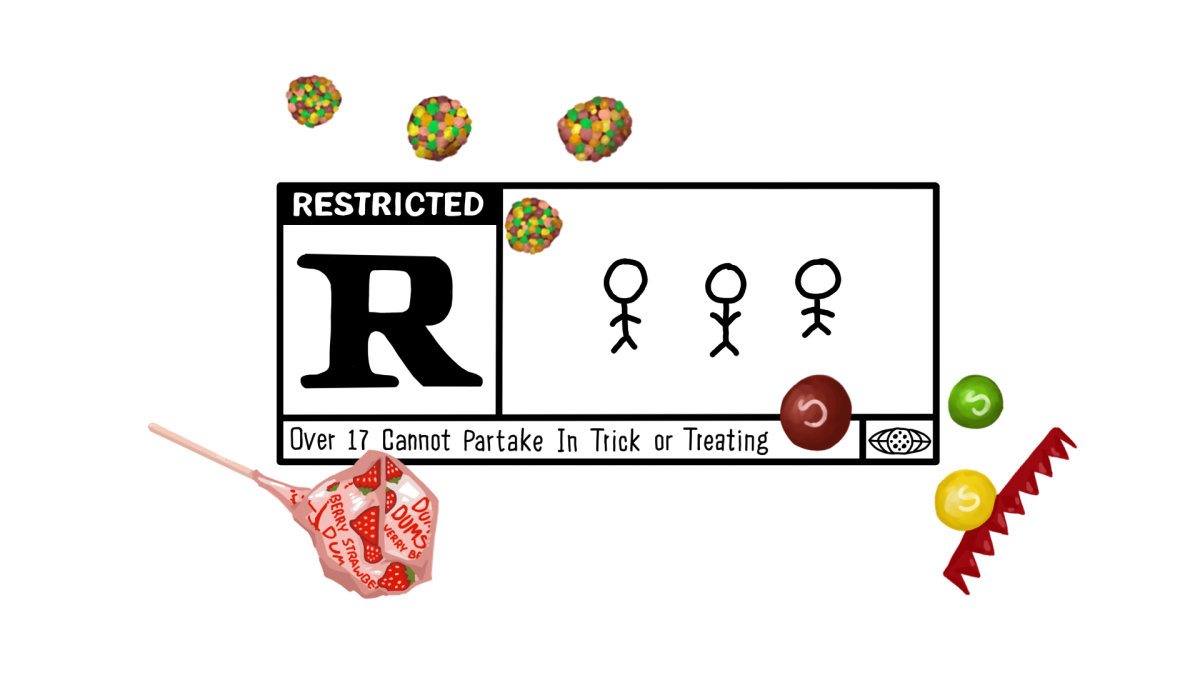In a world brimming with mediocre beverage choices, one is uncontested, capturing hearts and taste buds alike with its vibrant green color and alarmingly good taste — matcha. This powdered green tea is the perfect drink choice, whether you are searching for its well known health benefits, a caffeine boost without the jitters, or unparalleled taste. Of all the drinks out there, matcha is undeniably the best and most versatile one.
Although often considered a TikTok trend that will eventually die out and be forgotten, matcha has been drunk for over a thousand years. Its usage began in China, reserved for the elite, between the seventh century of the Tang rule, to the tenth century of the Tang rule. After it was brought to Japan by Japanese monk Myoan Eisa, matcha became a staple for those searching for calm alertness. Eisa utilized these benefits in his meditation, but now, that is a secondary reason for consumption. Nowadays, the primary reason is taste.
Matcha’s distinct flavor, with its slightly sweet and umami notes, make it a popular drink, especially because preparing it is very simple. For a matcha latte —the most common way to consume the powder, all you have to do is sift the matcha powder, add hot water and your choice of sweetener, and then combine using either a milk frother or a matcha whisk. From there, you just add your choice of milk (and ice if you prefer a cold drink), and now you have a simple and delicious latte. Although making it at home is more work, the drink becomes entirely personalized, better suiting to your tastes. But on the off chance that you do not want to go out to buy the ingredients to make it, a vast number of cafes and boba shops serve it. Nationwide coffee shops like Dunkin, Philz and Starbucks offer matcha lattes, but these often have the “grassy” taste that causes many to forever avoid the drink. Locally, the highest rated places for matcha are Izumi Matcha and Matcha Maiko.
The secondary reason – the health benefits of matcha — is not talked about enough. For starters, matcha is rich in catechins, a class of plant compounds that act as antioxidants. Those help protect cells against daily damage and harmful radicals, compounds that may damage cells and cause chronic disease. It also has cancer-fighting properties. Additionally, Matcha contains 19-44 mg of caffeine and gyatamine per gram; gyatamine promotes relaxation and alertness, resulting in sustained energy without the jitters that accompany coffee. Unlike coffee, matcha does not stain teeth over time.
So, is matcha really worth all the hype it has been getting? The simple answer is yes — it tastes exquisite, is versatile in the ways to ingest it, and has a multitude of health benefits. Many people say that matcha tastes like grass, and while I wholeheartedly disagree, I recommend that you try higher quality matcha before begging off of it forever. Who knows? You might change your mind.


